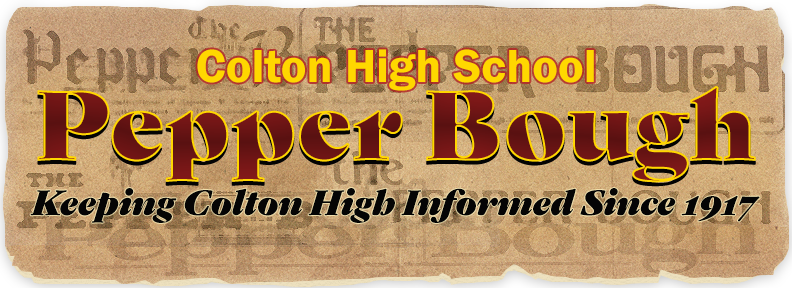Searching for a career in an in-demand career field? You might want to look into health care. The U.S. Department of Labor’s March, 2012 “Projections Overview” report says that the “health care and social assistance industry is projected to create about 28 percent of all new jobs created in the U.S. economy” from 2010 to 2020. That’s about 5.7 million new jobs, putting the health care industry at the forefront of job growth. Read on for 6 booming health careers and the education requirements to pursue them.
Health Care Administrator (22% growth)
If you consider yourself a natural-born leader then a health care administrator would be the ideal job for you. They are responsible for keeping the gears of a clinical center up and running. Typically, they keep up-to-date on new laws and regulations, supervise assistant administrators, and handle the financial processes of a facility, reports the U.S. Department of Labor.
A bachelor’s degree in health administration is typical for pursuing a career as a health care administrator, although a master’s degree isn’t all that bad (sarcastic comment).
Medical Assistant (31% growth)
If you like to interact regularly with fellow human beings, then this is a great option for you in the health care field. A medical assistant’s basic responsibilities include performing office tasks for doctors and other health practitioners, taking down a patient’s history, preparing lab tests, and scheduling appointments, according to the U.S. Department of Labor.
There is no formal education needed in becoming a medical assistant as long as you have a high school diploma or the equivalent.
Medical Records and Health Information Technician (21% growth)
If you think you are better suited working behind-the-scenes rather than face-to-face with patients, then you might consider a career as a medical records and health information technician. They play an important role in keeping the office up and running by reviewing patient records, assessing patient outcomes and success, and providing patient confidentiality, according to the U.S. Department of Labor.
This career path usually requires a certificate in health information technology or an associate’s degree in the field is also accepted.
Dental Assistant (31% growth)
Are you into smiles and everything related to a great smile? Then dental assistance could be right for you. They are the right-hand person for dentists including tasks such as assisting doctors during procedures, educating patients on proper dental care, scheduling appointments, and working on billing and payment issues.
Requirements for dental assistance vary from state to state. Some states require dental assistants to graduate from an accredited program, which includes certificate and associate’s degree programs, and pass a state exam.
Registered Nurse (26% growth)
If you are a person who loves to interact with patients on a daily basis then this is the right career for you. Registered nurses typically provide and coordinate patient care, which could include jotting down a patient’s medical history to running general health screenings and outreach programs.
Registered nurses typically earn either a diploma from an approved nursing program or an associate’s or bachelor’s degree in nursing. From there, they must pass the National Council Licensure Examination (NCLEX-RN).
Pharmacy Technician (32% growth)
If you’ve ever picked up a prescription from a local pharmacy, you most likely have been helped by a pharmacy technician. A pharmacy technician is pretty much a pharmacist’s right hand man. The daily responsibilities of a pharmacy tech are anything but little, they include filling prescriptions, counting tablets, and mixing medications, according to the U.S. Department of Labor. They also handle customer related responsibilities such as answering phone calls and accepting payment for prescriptions.
A pharmacy technician usually requires at least a high school diploma or its equivalent. Some states may also require technicians to pass a licensing exam and complete a formal preparation program, which results in a certificate.
There you have it, six booming health careers on the rise. All job growth rate information comes from the U.S. Department of Labor’s Occupational Outlook Handbook, 2012-2013 Edition.






